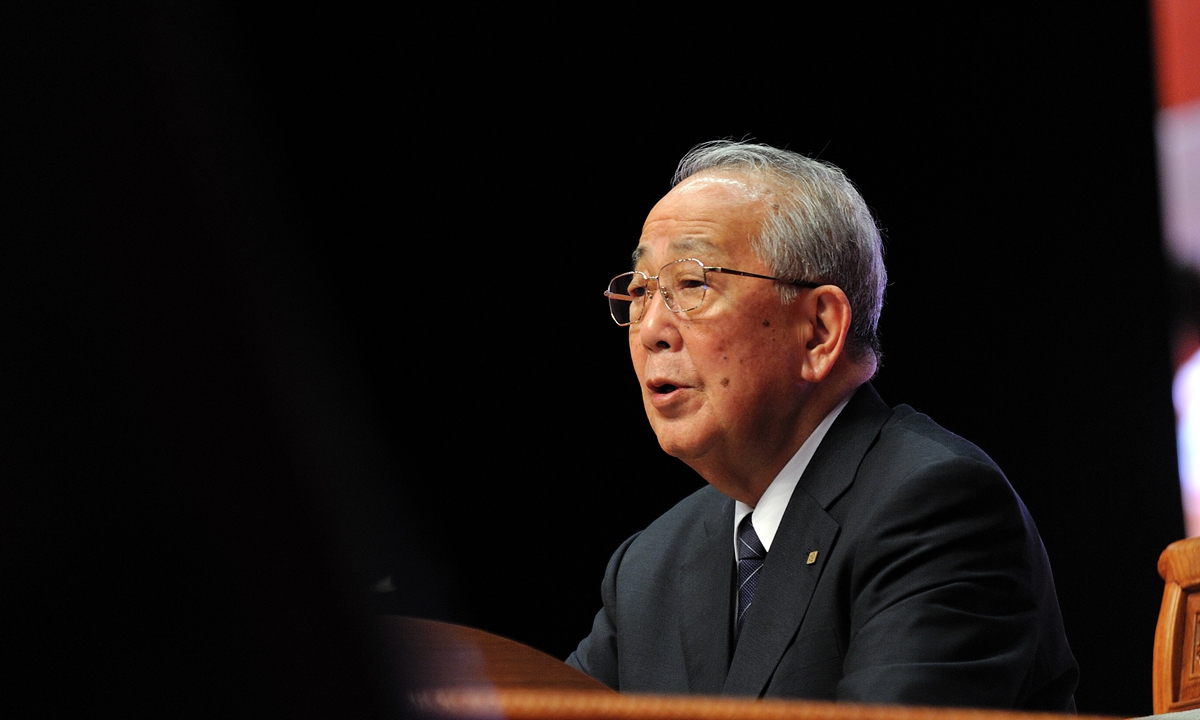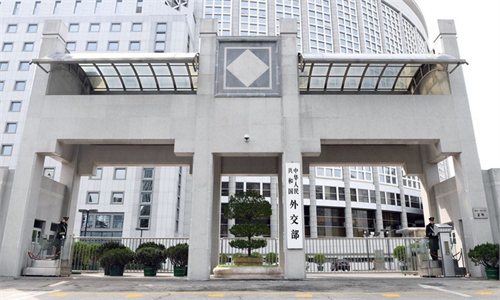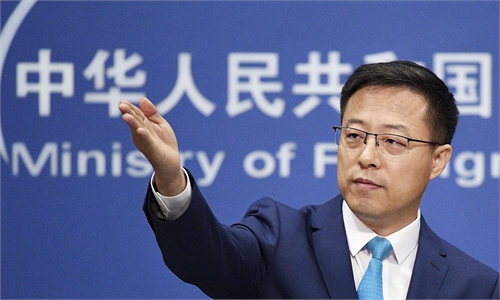Chinese netizens pay tribute to Kazuo Inamori, a broadly respected business management master
Business icon made outstanding contribution to China-Japan ties

Kazuo Inamori File photo:VCG
The death of Kazuo Inamori, a respected master of business management, was one of the most discussed topics on Chinese social media on Tuesday, with 310 million views as of press time.
The peace-loving character and independent thinking that characterized entrepreneurs such as Inamori shed light on today's issues, as China-Japan ties are at a crossroads due to Tokyo's series of provocative moves, analysts said.
Inamori, well-known in China and deemed a role model for Chinese entrepreneurs from tycoons to rank-and-file business owners, was also remembered for his friendliness toward China, including his charity work in China.
Netizens paid tribute to the legendary figure on Tuesday by writing Inamori's mottoes on social media posts, recounting his most famous books and sharing how the philosophy of the Japanese businessman benefited and changed people's lives. Others said Inamori helped them distinguish between businessmen and true entrepreneurs.
Inamori died on August 24, aged 90, Japanese news network NHK reported on Tuesday. The legendary Japanese business magnate and mentor was the founder of Japanese multinational ceramics and electronics manufacturer Kyocera and Japanese telecommunications operator KDDI. Inamori was also the chairman of Japan Airlines.
Chinese analysts said that the genial economic and trade cooperation between China and Japan during the past decades is now facing changes, with the Japanese government holding a more hawkish stance toward China.
Chinese Ambassador to Japan Kong Xuanyou said at a seminar on August 27 that relations between China and Japan are at a crucial crossroads, as Japan, in collaboration with the US, is increasingly considering China as its competitor and rival. Kong urged Japan not to cross the red line on the Taiwan question, and avoid incurring further damage on bilateral ties.
This year marks the 50th anniversary of the normalization of diplomatic relations between China and Japan.
Having paid his first visit to China in 1975, Inamori worked hard for friendly cooperation between China and Japan, and he actively engaged in expanding people-to-people exchanges between the two countries and setting up scholarships for Chinese students.
The life of Inamori also spanned a period when the relative economic strength of China and Japan underwent vast changes.
From 1978 to 2018, China's GDP expanded 225 times, and the country became the world's top industrial nation and trading power.
Japan, which was China's top investor and top trading partner for a long period, experienced the "two lost decades" with a recession after the economic bubble burst in the 1990s.
The comparative economic strength also witnessed a watershed moment when China has leapfrogged Japan in 2010 to become the world's second-largest economy, a title Japan has held for more than 40 years.
Analysts said Inamori, as a representative of Japanese entrepreneurs, made positive contributions to the normalization of China-Japan relations by strengthening communication, and these entrepreneurs also played a constructive role in speeding up China's reform and opening-up.
Zhang Jifeng, a former vice director of the Institute of Japanese Studies at the Chinese Academy of Social Sciences, told the Global Times on Tuesday that Inamori enlightened a host of Chinese businessmen, especially during the 1980s and 1990s, a time when China's private economy started to bud.
"The private economy was quite a novel thing at that time, and nobody had formed a systemic understanding of it. At such a time, Inamori brought much-needed advanced management concepts to Chinese entrepreneurs," Zhang said.
Li Tianguo, an associate professor at the National Institute of International Strategy, told the Global Times that one reason for Chinese people's remembrance of Inamori has something to do with the fact that China-Japan relations are at a crossroads today.
"This has made Chinese people think of him, who once strenuously pushed for friendly ties between China and Japan," Li said, noting that decades of cooperation have closely interwoven the interests of China and Japan, and concrete benefits of such cooperation are felt by both peoples.
"The older generation of entrepreneurs, with their peace-loving character, and the spirit of sharing and cooperation, shed a light on issues related to today's business community in both countries," Li said.
"These include treating each other with respect and understanding, as well as working to address problems with pragmatic cooperation to attain win-win results."
"Their roles in China-Japan business exchanges, their independent thinking, and the respect they showed toward China are valuable assets for both countries," Zhang said.
Zhang added that Japanese Prime Minister Fumio Kishida's government did not inherit any core values from well-known business managers like Inamori, but heavily dependent on the US politically and economically, which sacrifices the interests of Japanese people.
Japan's newly passed economic security law, which imposes restrictions and requires tougher investment scrutiny for Japanese companies to carry out high-tech cooperation with China, has caused its investment in China to slow down.
In the first half of 2022, South Korea overtook Japan as China's No.4 trading partner.





